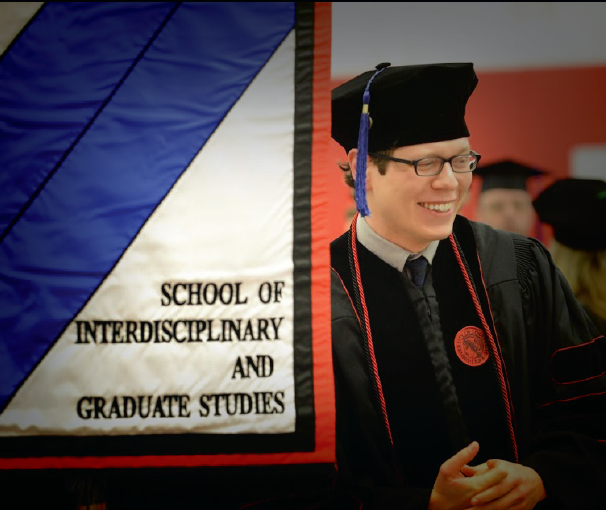Welcome
Graduate teaching and research are primary commitments of the Department of Biochemistry and Molecular Genetics. We offer formal training in Advanced Biochemistry, Molecular Biology, Advanced Eukaryotic Genetics, Cancer Biology, Molecular Toxicology, and in a number of special topics and electives designed to focus on current problems in biochemistry and molecular biology.
Students in their first year also receive laboratory training through methods courses in protein chemistry and molecular biology and rotations which provide opportunities to work on research projects with individual faculty. Through these interactions students become acquainted with theoretical and practical aspects of biochemistry and molecular biology, and with the research interests of the faculty. After completing the first year, students select a mentor to supervise their research training.
Students have the opportunity to select from a variety of research projects in different areas for their dissertation research. Opportunities for collaborative arrangements with clinical departments are also available, as several clinical faculty have joint appointments in the Department of Biochemistry and Molecular Genetics.

Our philosophy is that a complete graduate education should include experience in teaching. However, the amount of teaching required should be small and not impede a student's research progress. Consequently, students assist in teaching for one semester, usually in the graduate Advanced Biochemistry course or Methods course, during their second year of study.
 Facebook
Facebook Twitter
Twitter Linkedin
Linkedin